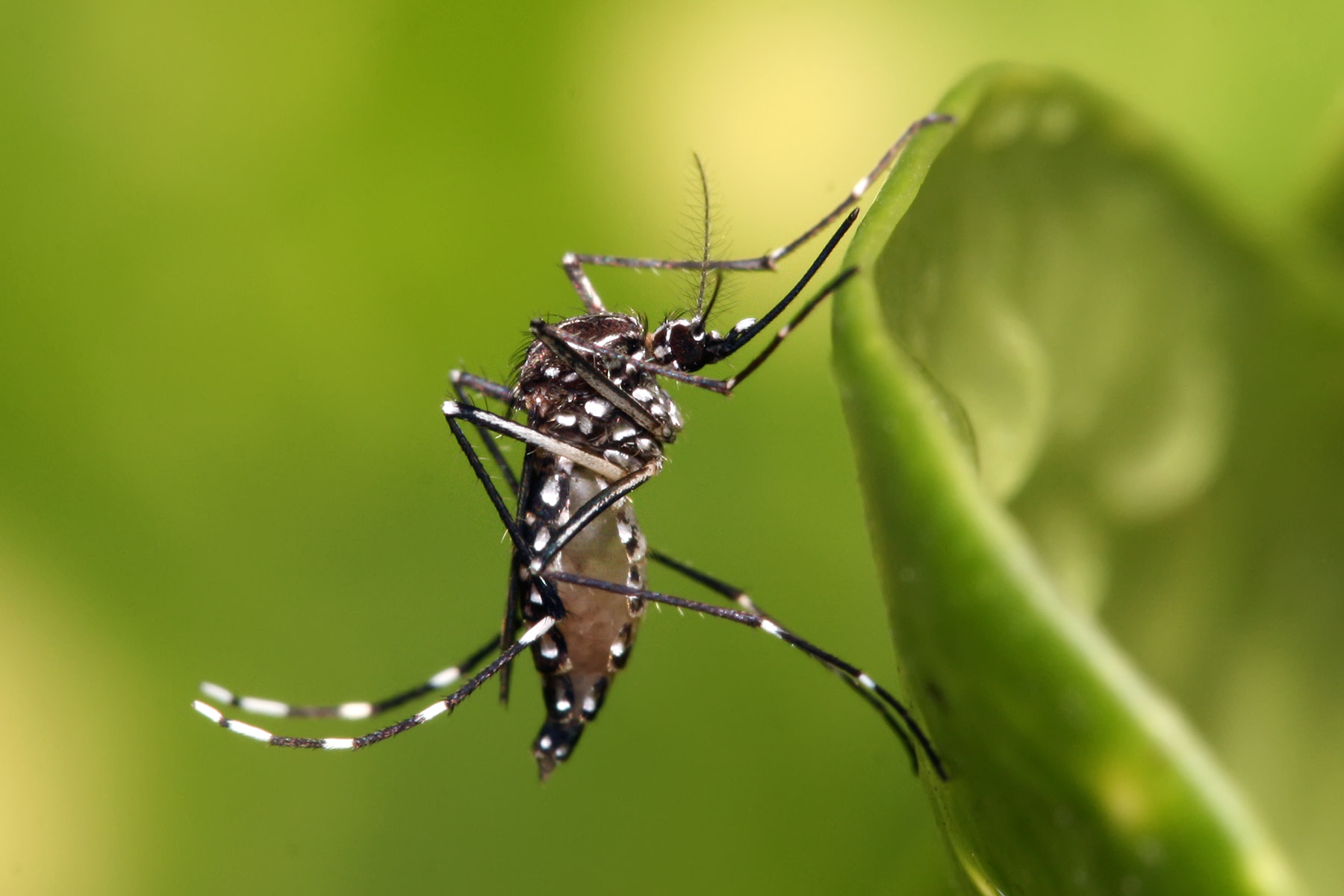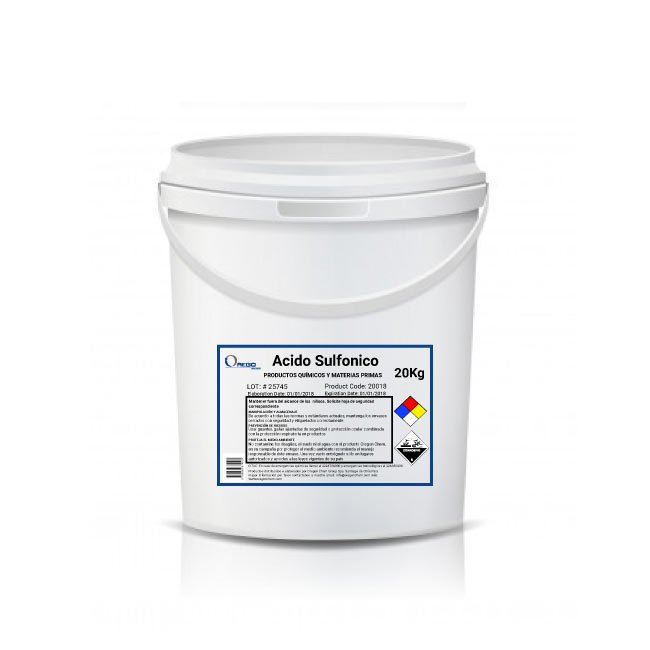Tatá Werneck volta às novelas como stripper em Terra e Paixão
Rezime Ekip teknik. Tit original : Terra e Paixão Kreyatè : Walcyr Carrasco Reyalizatè : Luiz Henrique Rios; Senaryo : Thelma Guedes Vinícius Vianna Nelson Nadotti Márcio Haiduck Virgínia Velasco








